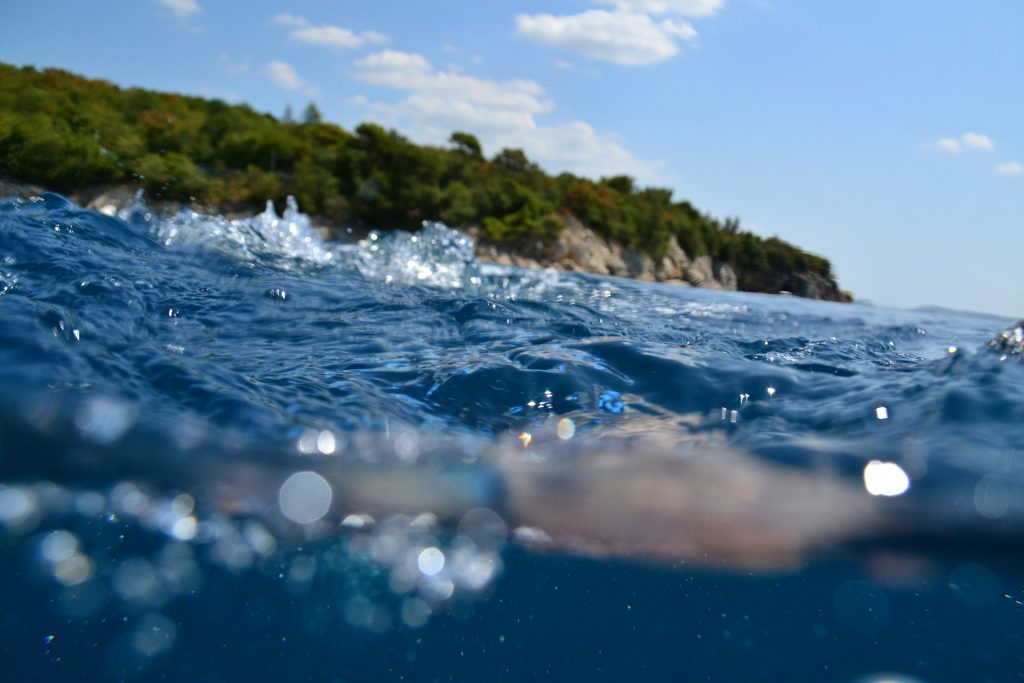September the 24th, 2024 – The North Adriatic Hydrogen Valley project holds hope for Croatia and its partner countries in this commendable feat.
As Poslovni Dnevnik writes, as part of the wider North Adriatic Hydrogen Valley project, seventeen projects are being developed within the territories of Croatia and several partner countries. These are neighbouring Slovenia and Italy, and many partners already have mature projects. It’s now expected that the first few tonnes of “green” hydrogen will be produced by 2026.
This was revealed by North Adriatic Hydrogen Valley project coordinator Jerneja Sedlar. It was noted that after the completion of the project, which began in September 2023 and will last for six years, around 5,000 tonnes of renewable hydrogen is expected to be produced in three countries.
“Within the scope of this wider project, seventeen projects are being developed in the area of three partner countries. Many partners have mature projects, and we’re now planning to produce the first tonnes, i.e. kilograms, of hydrogen in 2025 and 2026”, she said, emphasising that hydrogen will be produced in different locations.
The project partners recently gathered in Rijeka for a two-day meeting, where they discussed project implementation, risk assessment and integration into social and industrial environments.
The mayor of Cres, a new partner in the consortium, Marin Gregorović, said that hydrogen is the future and that he sees a long-term effect for Cres. “Our expectations are that, along with filling stations and hydrogen storage facilities, our utility system will also be transformed in the future, and we aspire to get a link with the mainland – hydrogen-powered high-speed shipping,” he said.
The North Adriatic Hydrogen Valley project is based on the regional cooperation of Slovenia, Croatia and the Italian Autonomous Province of Friuli-Venezia Giulia. It brings together 37 companies and institutions with the aim of developing innovative solutions for the entire region’s green future. This praiseworthy project, with a massive budget of 25 million euros, represents the first international hydrogen valley in the whole of the EU.










